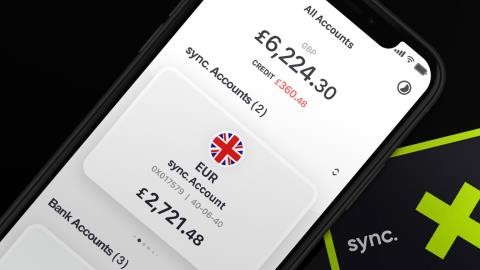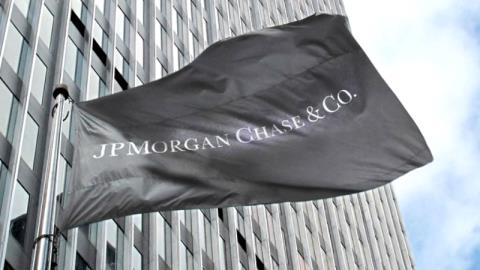According to the FTC, Credit Karma misrepresented that consumers were pre-approved for credit card offers, enticing them to apply for these offers that they often ultimately did not qualify for.
The firm’s actions, which ran from February 2018 to April 2021, saw users incur a hard inquiry on their credit reports, and, if they were denied, potentially damaged their credit scores, says the FTC.
Credit Karma knew that its purported “pre-approvals” conveyed false “certainty” to consumers, according to the complaint.
The firm knew this based on the results of experiments, known as A/B testing, showing that consumers were more likely to click on offers saying “preapproved” than those saying they had “excellent” odds of being approved.
Designing user interfaces, including with the aid of A/B testing, to trick consumers into taking actions in a company’s interest and that lead to consumer harm, is known as “dark patterns”.
In addition to the fine, the FTC has ordered Credit Karma to stop deceiving customers and to preserve records to prevent further use of deceptive dark patterns.
“Credit Karma’s false claims of ‘pre-approval’ cost consumers time and subjected them to unnecessary credit checks,” says Samuel Levine, director of the FTC Bureau of Consumer Protection. “The FTC will continue its crackdown on digital dark patterns that harm consumers and pollute online commerce.”,Credit Karma has been fined $3 million by the Federal Trade Commission for “tricking” Americans with allegedly false “pre-approved” credit offers.,









